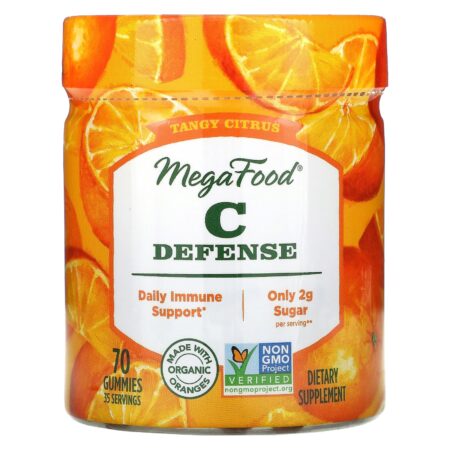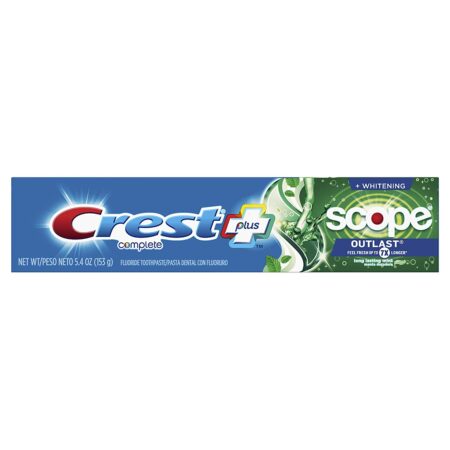Scientists from the Epigenetics and Immune Illness Laboratory at the Josep Carreras Leukaemia Research study Institute have actually just recently revealed that vitamin C enhances the immunogenic residential or commercial properties of dendritic cells, in vitro. Outcomes just recently revealed program that dealing with the cells with vitamin C results in a more constant activation of genes associated with the immune action, generally through DNA demethylation, a type of epigenetic reprogramming. This discovery might work to create more powerful dendritic cell-based treatments in the future.
Considering that the start of anticancer cell treatments, those that utilize living cells to discover and get rid of growths, lots of kinds of immune cells have actually been utilized. The best-known cell treatments utilize lymphocytes, as in the extremely effective CAR-T treatments. Just recently, dendritic cells have actually drawn in the researchers’ attention thanks to its capability to uptake and present antigens (little parts of a pathogen or a cancer cell) to the T-lymphocytes and cause an antigen-specific powerful immune activation. On this regard, packing dendritic cells with particular antigens to develop immune memory make up the so-called DC-vaccines.
To study dendritic cells in the laboratory, scientists distinguish them from monocytes (likewise an immune cell) utilizing a specific set of molecular signaling. This distinction is achieved through a complex set of gene activation procedures in the nucleus, mainly thanks to the activity of the chromatin redesigning equipment led by the TET household of demethylases, proteins that act on the DNA epigenetic marks.
Vitamin C was understood to connect with a number of TET proteins to improve its activity, however the particular system was still badly comprehended in human cells. In a current publication in the journal Nucleic Acids Research Study, a group lead by Dr. Esteban Ballestar assumed that dealing with monocytes in vitro while separating into dendritic cells, would assist the resulting cells be more fully grown and active.
The outcomes acquired by Octavio Morante-Palacios, very first author of the publication, José Luis Sardina (likewise from the Josep Carreras Leukaemia Research Study Institute) and Eva Martínez-Cáceres, Head of Immunology of the Germans Trias i Pujol Research study Institute, reveal that vitamin C treatment activates a substantial demethylation at NF- kB/p65 binding websites compared to non-treated cells, promoting the activity of genes associated with antigen discussion and immune action activation. Likewise, vitamin C increases the interaction of the resulting dendritic cells with other parts of the body immune system and promotes the expansion of antigen-specific T cells.
In fact, the scientists showed that vitamin C-stimulated dendritic cells packed with antigens particular for the SARS-CoV-2 infection had the ability to trigger T cells in vitro more effectively than non-treated cells, revealing the supremacy of DC-vaccines treated with vitamin C.
Total, these brand-new findings support the hypothesis that dealing with monocyte-derived dendritic cells with vitamin C might assist create DC-vaccines with greater efficiency. After combining these lead to preclinical designs and, ideally, in medical trials, a brand-new generation of cell treatments based upon dendritic cells might be utilized in the center to eliminate cancer more effectively.





